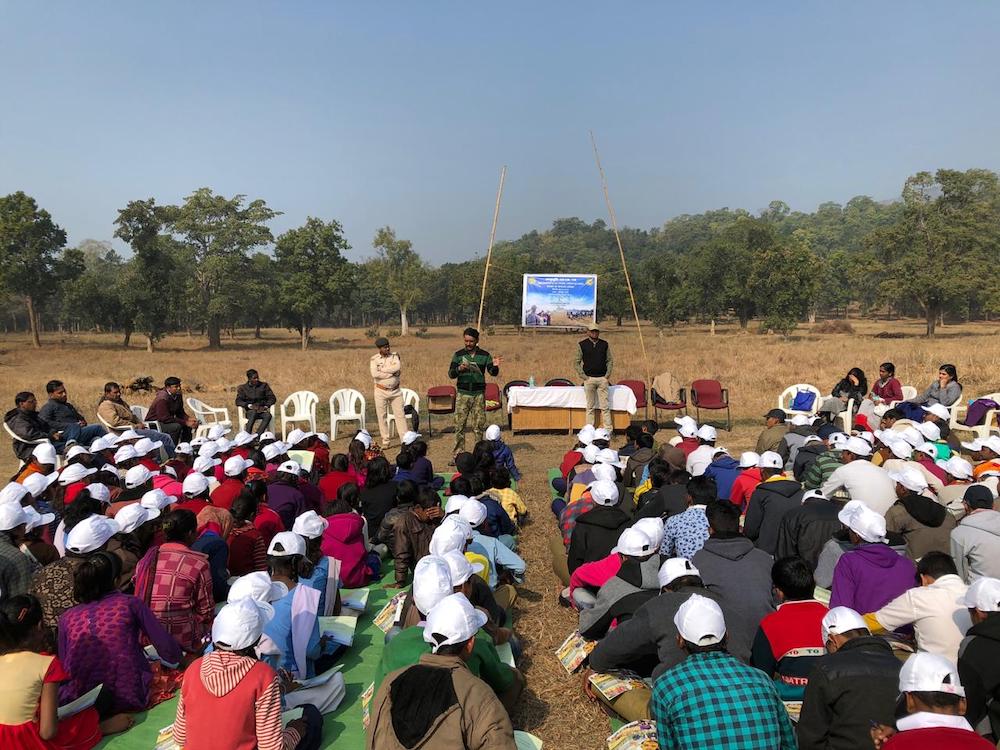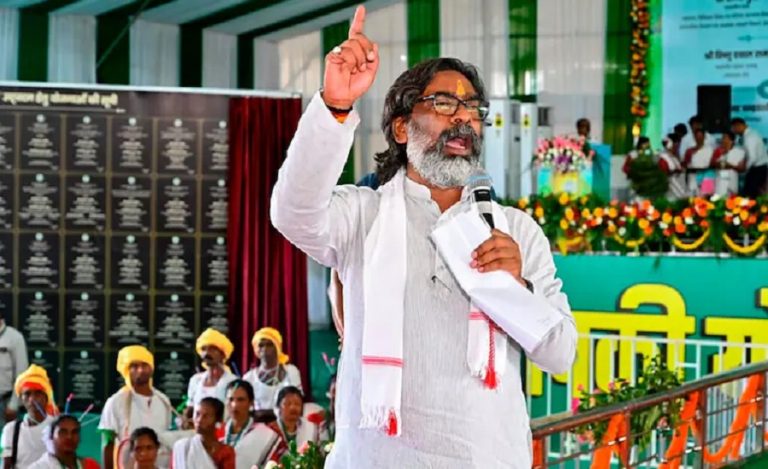In the heartland of Madhya Pradesh, where the whispering of trees echoes through the dense foliage, Lakshmi Kant Wasnik, the Divisional Forest Officer (DFO) of South Chhindwara, heeded a silent call to safeguard the emerald treasures of nature. His journey unfolded against the backdrop of the lush forests, where every rustle of leaves carried a story of resilience and renewal.
In an exclusive conversation with Indian Masterminds, the officer shared details about how he and his team are putting in efforts to increase the forest cover and bring about changes of development in Madhya Pradesh Forest department.
LOVE FOR ENVIRONMENT
Mr. Wasnik’s affinity for the wilderness sprouted in his childhood days, nurtured by the verdant landscapes that enveloped his village. His fascination with the intricate ecosystems and the symbiotic dance of flora and fauna bloomed into a profound commitment to preserve the natural heritage of his homeland, which is how he decided to become an Indian Forest Service officer.
Armed with a zeal to make a difference, Lakshmi Kant embarked on a mission to revitalize the forest cover of South Chhindwara. Embracing innovation, he spearheaded initiatives that harmonized traditional wisdom with modern techniques.

MISSION ANUBHUTI
Through project Anubhuti, the officer is exposing and educating the students living in and around forest area on nature conservation through trek, trail, safari, nature classes, bird watching, wildlife management, rescue, conservation efforts, trees, medicinal plants, various departmental workings and organisational structures etc., during 1-day camps for the students.
“We include experienced and trained master trainers who guide and educate the students about forest, wildlife and environment. Students are exposed to the subjects through treks, nature classes, and well-prepared reading materials among other things. We also provide them with transportation, food, study material, and certificates for the camp,” the officer shared with Indian Masterminds.
He is not only involving master trainers to conduct these programmes, but also encouraging more and more volunteers each year to participate in conducting sessions for these students.
“We’ve been very happy to see the response, especially from the tourism industry like tour operators, naturalists, tour leaders and even tourists who took up this opportunity to look at the other side of the forests,” he added.

ENCOURAGING PEOPLE
The officer is also promoting project Ujjwala under which he is continuously arranging campaigns and speaking with the villagers to partake in the project and move to pucca houses instead of living in their old dilapidated kutcha houses.
“If they move from kutcha to pucca houses, it becomes really beneficial for the forests as the villagers’ dependency on forest decreases by a grave amount. They stop going inside forests and cutting trees to build their houses as it isn’t required anymore, which in turn helps in increasing the forest cover of the region,” shared Mr. Wasnik.

CREMATING THE DEAD PREY
After numerous cases started arising where the forest department found dead bodies of tigers and leopards that were poisoned, the forest department researched and found out that the villagers were putting poison in their dead cattle’s bodies which were killed by the predators so that when they return back to the village to eat their kill, they die after ingesting the poison.
The forest department immediately took step and not only sensitised the villagers but also came forward to bury or cremate their cattle so that they refrain from such activities.
Recognizing the intrinsic link between forests and communities, the officer wisely fostered partnerships with the local inhabitants. Through awareness campaigns and capacity-building workshops, he empowered villagers to become custodians of their natural heritage.


































